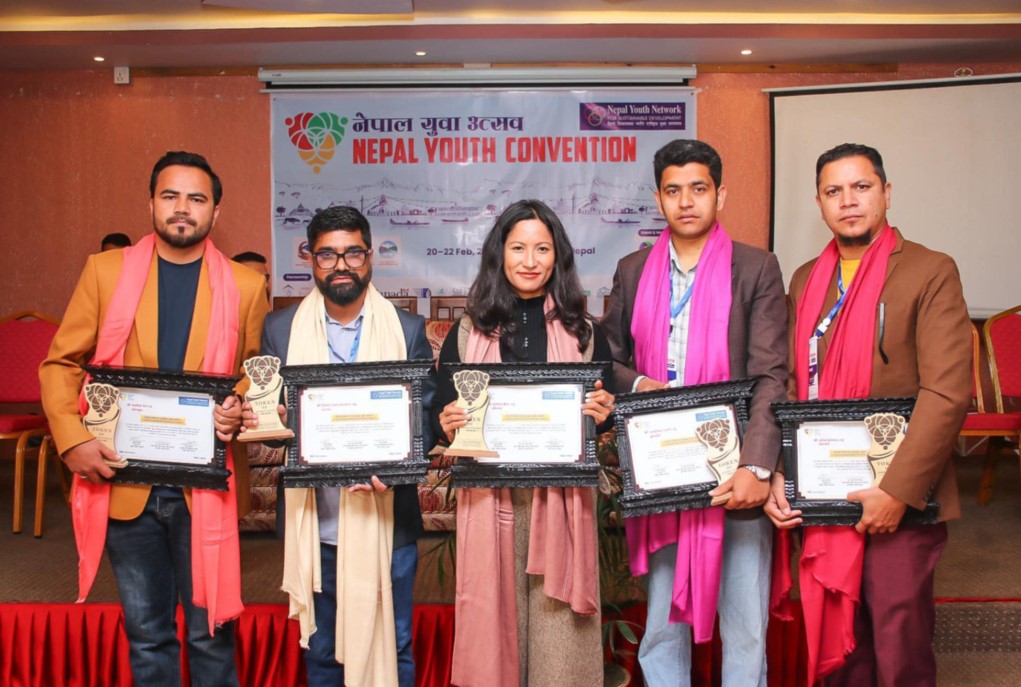KATHMANDU, May 22: Bangladesh's Minister for Environment, Forest and Climate Change, Saber Hossain Chowdhury, has expressed concern, saying Bangladesh's existence itself might be imperiled with the melting of snow in the Nepal Himalayas due to climate change.
Addressing the 'Global Dialogue on Mountain, People and Climate' which kicked off in Kathmandu today to draw global attention to the impact of climate change on the Himalayas, the Bangladeshi minister said the climate change has impacted more the Himalayas, leading to rapid snow melting, which could produce problems like flooding in Bangladesh.
The Bangladeshi minister called the attention of the participants, expressing concern that the very existence of the downstream and coastal regions is at risk due to the melting of snow in the Himalayas, if timely steps and due alertness are not adopted for mitigating the climate change impact.
Laprak quake victims await NRN to deliver houses

He stressed paying attention to minimizing the climate change impact and adaptation for securing climate resilience.
"The developed countries emit 81 per cent of the total global carbon emission. Developing countries like Nepal and Bangladesh are facing problems due to this. The developed countries have not implemented their commitments made at various climate conferences regarding lowering the carbon emission. Now, they should be prodded," he added.
Stating that the government alone cannot alleviate poverty and prevent the climate change impacts, Minister Hossain stressed the need for managing the budget required for implementing the climate change adaptation programs. "Political will is needed to address the problems created by the adverse impact of climate change," he reiterated.
Experts from 25 countries are participating in the global dialogue. More than 200 persons representing the mountainous and small island nations including Nepal, the international community, development partners, INGOs, the private sector and the civil society are attending the program.
The experts will deliberate on topics such as making coordination, prioritizing and strengthening climate resilient activities based on mountain ecosystems.









































